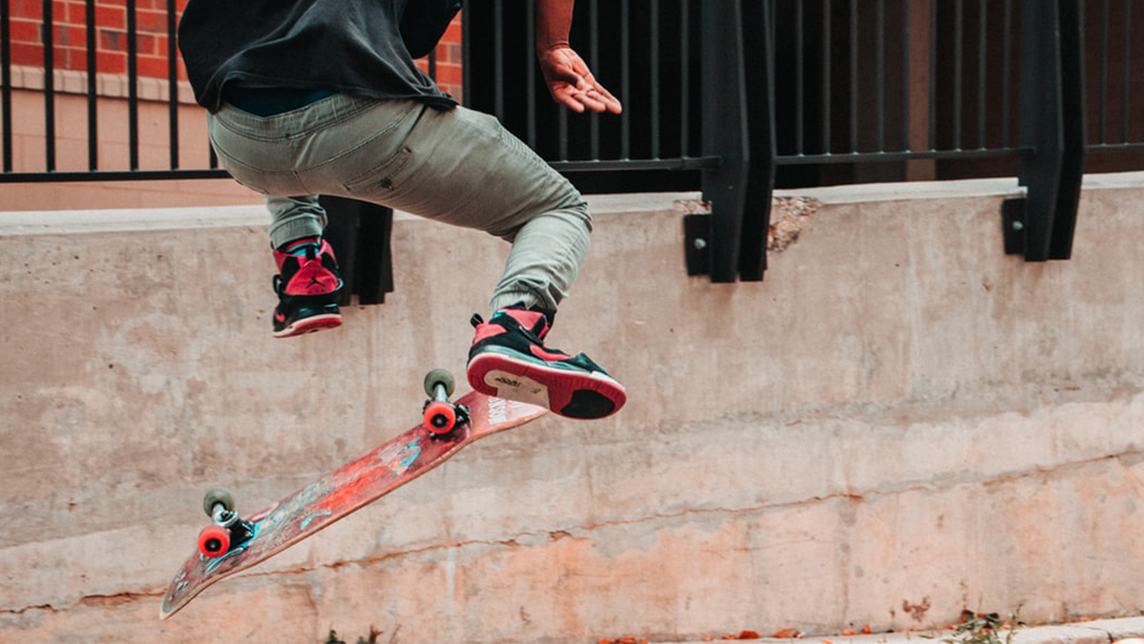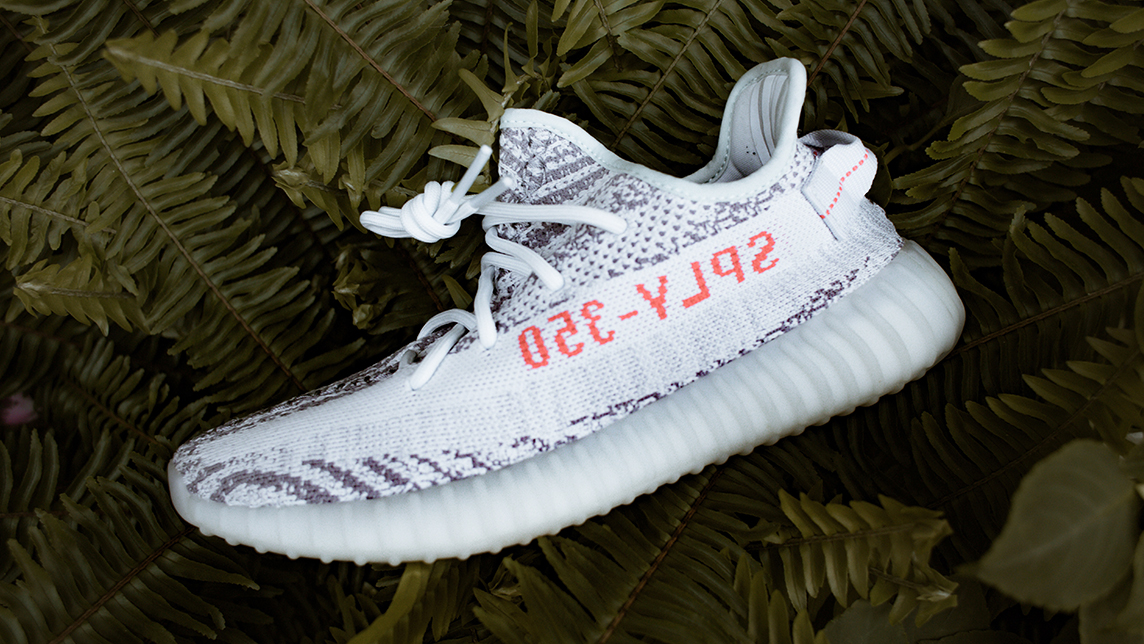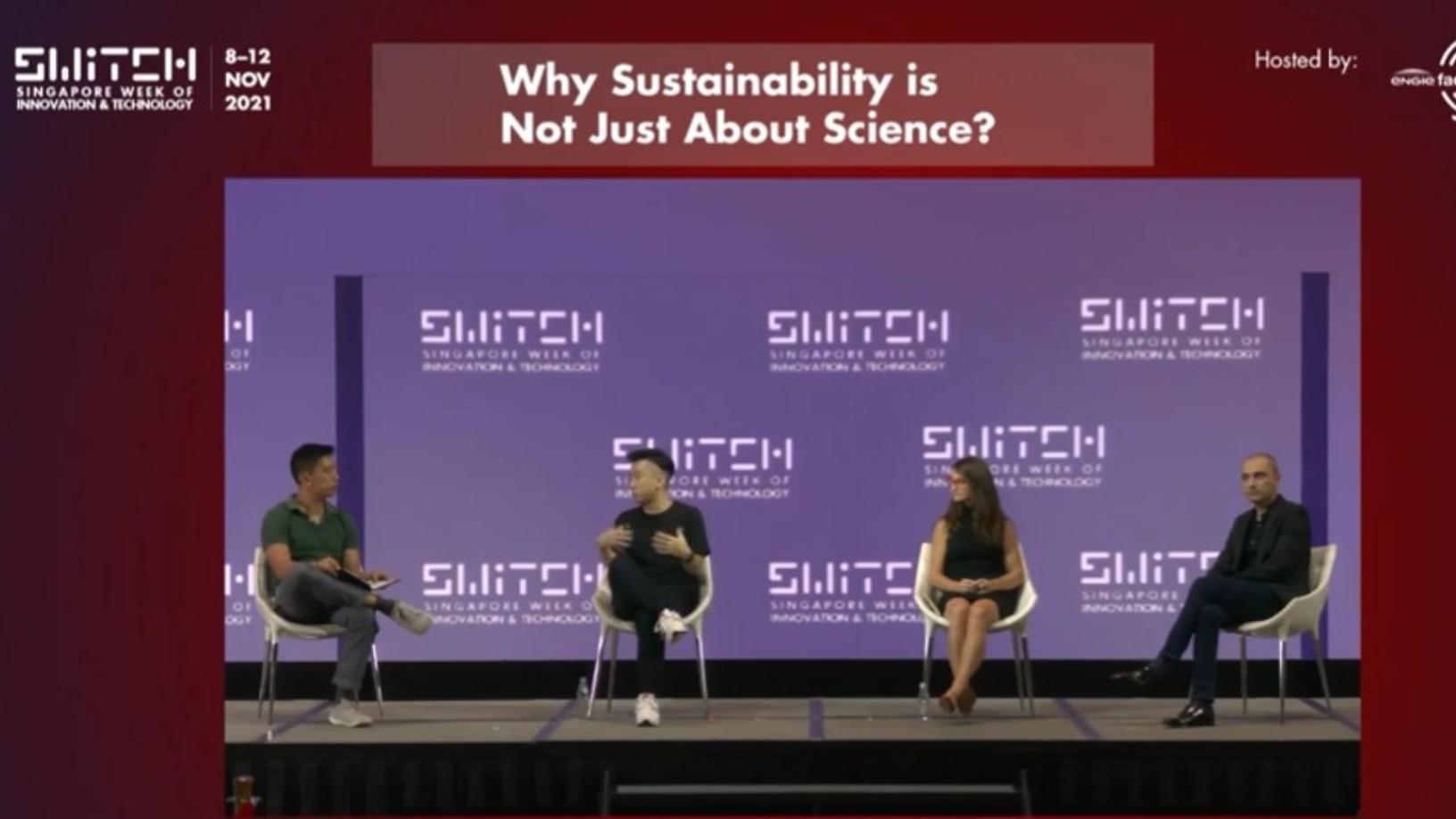Sneakers, specifically limited-edition ones, have become the latest object of speculation in China – so much so that even the country’s central bank has issued a warning about the financial risks and an impending bubble in the sneaker resale market.
The strong words by the Shanghai Head Office of the People’s Bank of China on October 16 came as the price of a pair of size 42 limited-edition SoleFly x Air Jordan 1 soared to RMB 75,999, about US$10,730 then, on China-based sneaker resale platform Nice in September.
The model, of which Nike made just 223 pairs, retailed at US$160 in the US when released in December 2018. Before the September price spike, the same sneakers were last sold on Nice at RMB 31,258 in August and RMB 25,000 in July.
Resale sneaker prices have been making headlines in China over the past year. Trading used trainers has become even more exciting than trading the local stock market, where share prices can't move beyond the imposed 10% limit in either direction each trading day. In contrast, there’s no cap on returns from selling secondhand sneakers.
China has a booming sneaker resale market, too, exceeding US$1bn in value. Over 10 trading platforms have attracted over 10m monthly active users here. Poizon alone handled more than RMB 15.3bn in gross merchandise volume last year.
The price of a pair of Air Jordan 1 Retro High OG, which retailed at RMB 1,299 in the US, soared from RMB 4,999 to RMB 11,549 within a single day on July 17, 2019 on the Nice app. In the month of May alone, these coveted shoes on Chinese sneaker resale platforms like Nice, Poizon and DoNew saw an average increase of over 100% in value.
News of the PBOC’s warning has also pushed these sneaker resale startups into the spotlight again. Originally conceived for sneakerheads to trade authentic branded trainers, the platforms first got famous for offering the real deal in a country flooded with fakes. Fighting against counterfeits used to be their biggest challenge, but now they have more to worry about.
Stock exchange for sneakers
As a middleman responsible for expert authentication and delivery to buyers, sneaker resale platforms do operate in a way similar to how traders buy and sell stocks.
"Maybe one day you can invest in the Jordan Index instead of the Dow Jones," said Josh Luber, CEO and co-founder of the Detroit-based sneaker marketplace StockX.
The spectacular returns from sneaker reselling have attracted new investors and turned some sneaker collectors into investors as well. “Prices were surging so much, I thought it would be a better choice to sell them rather than wear them,” said 20-year-old Lei Xiaoming. The college student began investing in branded sneakers in April, and by mid-October he had already made around RMB 100,000.
As more buyers who are keener on using the shoes as investment than fashion accessories flock to the platforms, the apps have also become more investor-friendly. They launched new features to woo sneaker investors, such as price charts that also run candlestick charting, showing price changes on a yearly, monthly, daily and hourly basis.
Poizon, Nice and DoNew have all added a feature called Flash Shopping, which lets sellers deposit the shoes they bought at the platforms’ offline warehouses. If the buying and selling gets frequent enough, it's even possible that the ownership of a pair of shoes has passed through a number of hands, but the physical goods themselves have not moved from the warehouse all this while.
Risky game
More specifically, on August 18, the daily transaction volume of the 26 most sought after resale sneakers reached RMB 450m – equal to the value of the trading volume of 9,431 companies listed on China's National Equities Exchange and Quotations, the over-the-counter market also known as the New Third Board.
As trades and profits surge so, too, have the risky practices that let buyers capitalize on the sneaker trading uptrend. DoNew has introduced pre-sale coupons for sneakers before they are officially released on the market. Users can buy the coupons for a pair of sneakers that will arrive in, for example, a month at a given price. The buyers will make a profit if the sneaker price rises upon market release. Users are even allowed to trade these coupons on the platform.
A slew of third-party payment firms have also joined the game by providing sneaker resale platforms with financial services for users to trade on credit. Without regulation, these buying-and-selling practices in the sneaker resale market increasingly come to resemble those of stock and futures trading, and will involve similar financial risks.
Before the PBOC issued its warning about possible fraud and illegal financing and pyramidal schemes in sneaker trading, Chinese state media Xinhua had already published several articles about the risks of speculation in the market since August.
Not surprisingly, the sneaker trading platforms have taken a strong stance against speculation. Nice has suspended features like price charting, a ranking list for investment returns, and investment chat groups.
Poizon, meanwhile, issued a statement in August, saying, “Shoes are for wearing, and not for speculation.”











